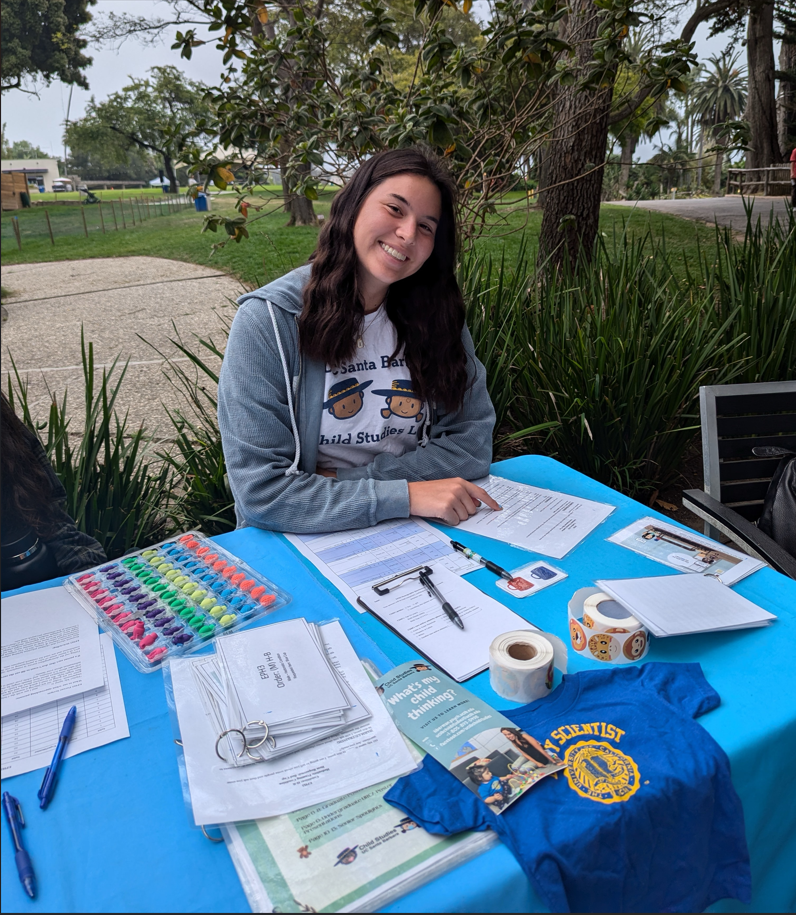
Paternalistic helping is prosocial behavior that prioritizes helping someone achieve their ultimate goal over their specific request for help. Previous research has shown that children paternalistically help in a nuanced way, only paternalistically helping if alternative forms of helping are less effective for goal achievement (Martin & Olson, 2013; Martin, Lin, & Olson, 2016).While this research demonstrates how children help, we were interested in how children expect others to help. In our previous study, we found that 3-12-year-old children expected others to paternalistically help by giving an item that was not asked for but was helpful for an agent’s goal. In this study, we asked whether children's expectations of paternalistic helping vary by relationships. 357 children (3-12 years) were read a story about a character who unknowingly asks a second character to use a broken cup to drink water. We varied the relationship of the characters such that they were enemies, friends, or classmates. Children were asked to predict which cup the second character would give: the requested, broken cup, or the unrequested, functional one. We found that children expected enemies to give the requested, broken cup (oblige the request). Conversely, children expected classmates to paternalistically help, replicating the results of our previous study. Interestingly, children were equally likely to expect friends to paternalistically help and oblige requests, suggesting that children think friends are motivated to do both what is best and what was asked for. Overall, this work demonstrates that children possess nuanced expectations about how people might help or prevent goal achievement based on differing social motivations. These findings contribute to our knowledge of how children perceive and interpret social interactions which could help inform educational and therapeutic interventions.